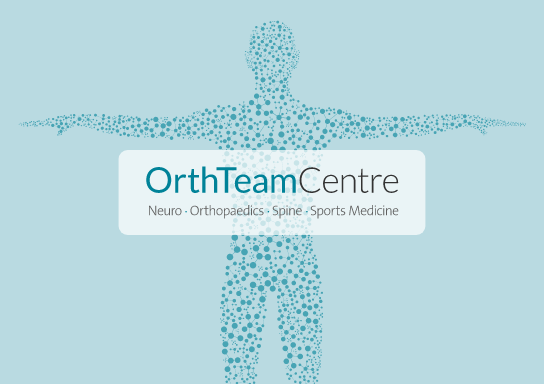Elbow arthritis
What is elbow arthritis?
In the UK alone, there are thought to be around 10 million people with some form of arthritis.
The word ‘arthritis’ means ‘inflammation in the joints’. Elbow arthritis is a condition that degrades the cartilage lining of the joint, causing damage that is painful and debilitating.
What causes the condition?
As with wrist and hands, there are three common types of arthritis that affect the elbow:
• Rheumatoid arthritis (RA): Is the most common cause of elbow arthritis. This can be painful, and often affects both elbows causing functional limitations for the people. The condition causes pain, swelling, and instability of the elbow joint.
• Osteoarthritis (OA): This is relatively uncommon and mostly occurs in people with a history of significant heavy labour activity or sports participation. The most common complaint is restricted mobility, particularly with challenges fully straightening the elbow.
• Post-Traumatic Arthritis (PTA): This typically occurs after elbow fractures and/or elbow dislocations. When the elbow cartilage is damaged, progressive arthritis often develops.
What are the typical signs?
The common symptoms of the condition are:
• Pain and stiffness in the elbow especially with lifting and loading the arm
• An aching sensation in forearm with tingling and numbness in the ring and little fingers, this may be worsened by bending the elbow or resting on a hard surface
• If the muscles are affected, then you may experience clumsiness in hands
How is it diagnosed and treated?
Diagnosis
Your consultant will discuss your symptoms with you and perform a medical examination, during which they will look for tenderness and swelling, and your range of motion as well as identifying what positions cause pain to your elbow joint. This may be followed by an X-ray which will often show the joint narrowing as well as any loose bodies (e.g. bony pieces). If your pain is due to arthritis following an injury, the X-ray may show an improper joining or a failure to join of the elbow bones.
Treatment
Non-surgical treatment: This can include steroids and anti-inflammatory medications (if advised by your consultant) which can help to control the symptoms if the arthritis is in its early stages.
Surgery: if non-operative treatment does not relieve your symptoms, you may be advised to have surgery to clean up the joint (debridement). In the early stages this can usually be carried out using arthroscopy; however, if your arthritis is advanced you may need to have joint replacement surgery (arthroplasty).
Recovery
This depends on the type of treatment you’ve had, and will be dependent on the type of surgery undertaken. If you’ve had key-hole surgery you will experience improvement in symptoms within weeks but resolution may be incomplete. Joint replacement would be expected to give a significant improvement in pain and movement within a few months, but carries higher risks. Your consultant will be able to advise you on this.
When can I return to normal activities?
• Work - this depends on your individual employment and lifestyle, however if your job mainly involves sitting then an approximate guide is around six weeks post-surgery. If you have a more active role, your consultant will be able to advise you on a suitable period of time, however it could take up to four months and heavy manual work may not be advisable following joint replacement surgery.
• Driving – You should not drive while in a sling, or while heavily bandaged. Once you have been reviewed back in clinic you will normally be allowed to drive once you are safe to do so. In practice, most patients find the elbow is too stiff and sore for approximately six weeks after surgery.
• Exercise – Gentle exercise can resume as soon as your surgical incision has healed (two weeks), although usually heavier lifting is restricted until eight weeks post-surgery. Your surgeon may suggest weight restrictions that may be lifelong, depending on the type of surgery undertaken.

